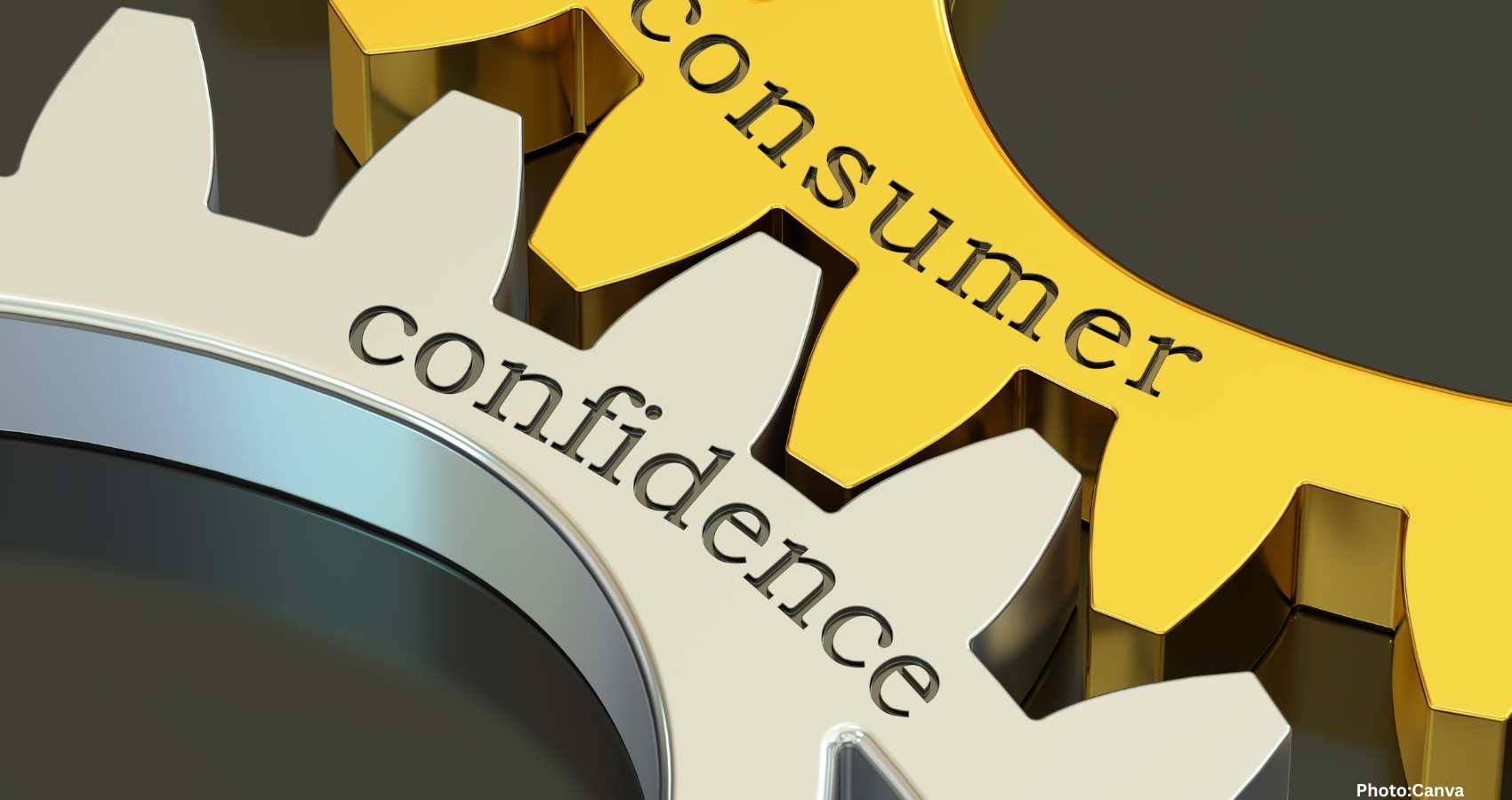Consumer confidence in the U.S. has fallen to its lowest level in over three years, driven by fears of a prolonged government shutdown and ongoing political gridlock.
Concerns about a potential government shutdown have significantly impacted consumer confidence in the United States, bringing it to its weakest point in over three years. A recent report from the University of Michigan, released on Friday, reveals that growing uncertainty regarding the economy and political stalemate in Washington has shaken public sentiment, pushing it close to one of the lowest readings ever recorded in the survey’s history.
The University of Michigan’s Consumer Sentiment Index dropped sharply to 50.3 in November, reflecting a 6.2% decline from the previous month and nearly 30% lower than the same period last year. This figure fell well below economists’ expectations of 53.0, indicating a significant decline in public confidence. The last time sentiment reached such low levels was in mid-2022, during a period of soaring inflation that marked its highest level in four decades. This decline underscores renewed anxieties about the nation’s economic trajectory.
Joanne Hsu, the survey director, noted that the ongoing political deadlock in Washington has become the primary factor affecting consumers’ outlook, overshadowing any optimism that might have stemmed from the recent record-breaking performance of the stock market. “With the federal government shutdown dragging on for over a month, consumers are now expressing worries about potential negative consequences for the economy,” Hsu stated. “This month’s decline in sentiment was widespread throughout the population, seen across age, income, and political affiliation.”
Other key indicators from the survey reflected a similarly pessimistic outlook. The index tracking current economic conditions fell to 52.3, marking an almost 11% drop from the previous month as households reported feeling increased pressure from rising costs and slowing economic activity. Meanwhile, the measure of consumer expectations for the future slipped to 49.0, down 2.6%. Compared to a year ago, both figures have experienced sharp declines, with current conditions down more than 18% and future outlooks plunging over 36%, highlighting a deepening sense of financial insecurity among Americans.
Despite the overall decline in sentiment, inflation expectations remained relatively stable, providing a modest point of relief. The survey indicated that while consumers continue to feel the impact of higher prices, their long-term outlook on inflation has eased slightly, suggesting a growing belief that price pressures may gradually subside in the coming months.
In the short term, consumers now expect inflation to rise modestly, with the one-year outlook increasing to 4.7%. However, confidence in the longer-term view appears to be improving, as the five-year inflation expectation dipped to 3.6%, a decline of 0.3 percentage points. This suggests that while near-term price concerns persist, many Americans believe inflation will gradually cool over the next few years.
As federal agencies halt most data collection and reporting during the shutdown, private surveys like the University of Michigan’s consumer sentiment report have gained increased importance. In the absence of regular government updates, these independent indicators are becoming vital tools for gauging how Americans perceive the economy and how broader trends in spending, confidence, and inflation may be shifting in real time.
The survey also revealed a clear divide along income and wealth lines. While overall confidence declined, those with substantial stock market investments appeared more optimistic, buoyed by recent market gains. Hsu noted that sentiment among households with the highest levels of stock ownership actually rose by 11%, highlighting how financial assets continue to cushion wealthier Americans from the broader economic anxieties affecting the rest of the population.
As the government shutdown continues, the implications for consumer sentiment and economic stability remain uncertain. The evolving situation will likely keep Americans on edge as they navigate the complexities of both their personal finances and the national economic landscape.
Source: Original article

